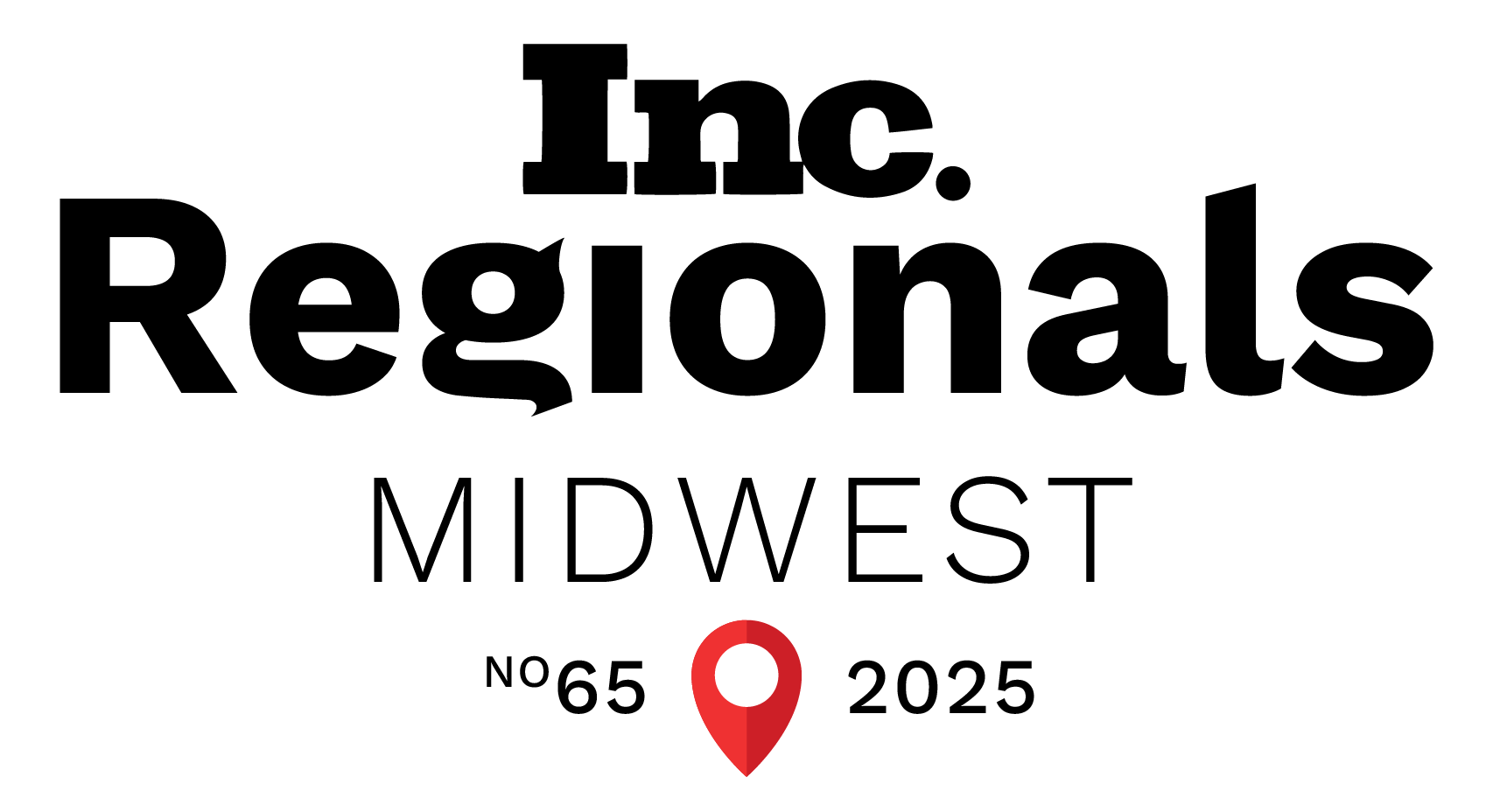
Church Advertising: How Do Churches Advertise & How to Advertise Yours

Church advertising may be a strange concept to grasp. Isn’t marketing supposed to be for businesses that sell products or services? Well, yes, but marketing can also be so much more. Christian church marketing is about extending the invitation to join your church community and spreading the Gospel to those who need to hear it most.
By using digital church advertising strategies, you can reach community members where they’re at much of the time: online. As of 2021, 85% of Americans own a smartphone. As of 2022, there are approximately 307.2 million active internet users in the United States alone. And the numbers continue to rise.
On this page, we’ll answer the question “How do churches advertise?” But first, let’s get started with the foundation point of why you should even be considering church advertising.
Why You Should Promote Your Church
Digital church advertising means creating an intentional strategy to reach people online. In recent decades, church attendance has been declining. In fact, a study done by Barna shows that church attendance in the United States has dropped by one-third since 1993.
So why should church advertising be on your to-do list? Because it helps you reach an audience that desperately needs to know about your church.
Promoting your church online can help your church thrive by increasing your online visibility, building trust with your audience, and promoting your church brand to be recognizable in your community.
Let’s cover some methods for promoting your ministry online in order to welcome people through your open church doors.
How to Market Your Church: Create a Church Marketing Plan
Follow these six tips—plus two bonus tips—for creating a successful church advertising campaign. Let’s get started!
1. Identify Your Target Audience
The very first step in a Christian church marketing strategy is to identify who you are going to advertise to. The best way to do this is by creating a marketing persona, which is a semi-fictional character that personifies your target audience members.
Identifying your target audience will help you reach and communicate with them. Different people are active on different social media platforms and websites. They have different interests that require specific language and advertising.
For example, attracting a high school student who is nervous about what to wear to a school dance is much different than advertising to a mom with four little ones running around. Knowing your target audiences—yes, plural audiences—will help you create marketing strategies that respond to each audience type’s needs.
2. Create a Website
Your website is often the first impression that your audience members will have of your church. Think of your website as the open doors to your church before people visit your physical church location.
A strong website is a great foundation for welcoming people into your church. You can curate your website to show who you are and what your church is all about. Do so by having site attributes like:
- Church homepage: Your homepage is a part of your church’s website that online visitors will continue to return to. Make a lasting impression by having an engaging, clean, and navigable homepage.
- Staff pages: Let people get to know the lead and supporting staff of your church. Have bios so that newcomers can get to know the people at your church a little better before visiting in person.
- Blogs: A blog is an excellent way to keep your website fresh, which is important for SEO, something we will cover in greater detail below. You can write posts about sermons, Bible study groups, current events, and so much more. Share your church’s voice by having an active blog.
- Share important information: Have a page for your church service times and the events that you host.
- Have an “About Us” page: Church advertising is not just about creating ads; it’s also about telling your visitors who you are so you can build a trusting relationship with them. Having an “About Us” page with in-depth information about your church’s mission allows people to get to know your church that much better.
- Contact page: Have a specific page from which your audience members can reach you. It’s also important to include your name, address, and phone number (NAP) on all pages of your website.
- Donation options: A donation button on your website is a great way to bring in extra funding. Many donations nowadays operate online. Offering a direct way for people to donate online makes things easier for everyone!
Here at Metric Marketing, we can build a custom website that fits your church’s needs and goals. If you’re interested, give us a call.
3. Build Your Church’s Social Media Accounts
70% of American adults have a social media account. Breaking that down a bit further by age group, the same study shows that 84% of millennials (ages 18-29) and 81% of people ages 30-49 are active on at least one social media platform. So how do churches advertise to people who are clearly so active on social media? By building social media accounts!
Social media for churches poses a unique opportunity for your church because you are able to directly communicate to your audience and meet them where they’re at.
In addition to simply having a social media platform, many social media sites will let you run church advertising campaigns through social media paid advertising. Although this will likely cost some money, it will pay off in the long run because you can set the parameters for advertising to specific demographics—hint: your target audience, as it all comes back around!
For more information about paid search campaign services and social media marketing services, check out our webpage!
Social media sites can also allow you to market services to other churches! Connect with other churches in your area or denomination to find out about or host local and national church events.
Having a social media account makes you accessible to people active on that platform. You can promote your church’s brand, connect with congregation members, and communicate with a broad audience who may not otherwise be aware of your church.
On social media, you can do things like:
- Link back to your website and blog posts
- Share sermon videos and mini video clips
- Involve your congregation and youth groups in online discussion
- Engage in conversations and social posts about your church
- Expand your online presence
- Talk with people who are interested in or have questions about your church, faith, and/or God
Social media is a great way to reach and engage with audience members. Show off your church’s personality through consistent posting of written content, photos, and videos.
4. SEO Your Website
There are two major components to ensure your church is coming across as welcoming to those who visit your website: SEO and UX.
SEO stands for search engine optimization. This means that your website is built in such a way that search engines will label you as a credible resource for people searching online. SEO takes a lot of time and hard work and involves digital marketing components like:
- Clean site architecture (how your website’s code is written)
- Backlink building
- Keyword research
- Site analysis
- Content marketing
- Consistent updates
- And more
This may sound like a lot of work, but it pays off in the long run as your site gives you a credible voice online and is presented by search engines to people who type questions about churches into Google or Yahoo!.
UX stands for user experience. This is, as the term suggests, how your audience members interact with your site. Was it visually welcoming? Easy to navigate? Could they find what they were looking for and then make it back to the homepage?
User experience is important because it determines the positive—or negative—experience that a person has on your website. Since your website is your online church, it’s important that visitors feel engaged and welcomed.
If this sounds a bit overwhelming, don’t worry! We’ve got you covered. Our marketing team of SEO experts can break down what these terms mean and how to optimize your site to balance the needs of both search engines and the real, live people doing the searching.
5. Submit Your Church to Listings
One of the best ways to promote your church is to list your church’s website online. A Google Business Profile is absolutely free! Listing your church provides information to searchers online about how to contact you.
Instead of just appearing as a link, listing your church means that photos, directions, hours of operation, and contact information will show up about your church, making it easier to find and more accessible to people searching online.
6. Get Involved in Your Community
Community involvement by local church advertising is key to a church’s success. What better way to invite your community to your church than by immersing yourself in the community. When it comes to local church advertising at the grassroots level, there are a few ways to proceed.
Local SEO is the digital marketing strategy for promoting your church online to your local community. Local SEO is a tool you can use in search engines to show up in “local” results. This means that when someone types in “churches near me”—and you are within the proscribed geographical area—your church should pop up in their search results.
Local SEO increases your online visibility to your local community, thus making you more accessible to searchers in your area.
In addition to the digital component of community involvement, church adverting in your community should also include actually participating in and hosting community events! Christian church marketing can simply mean—although it often requires some advanced planning—being involved in your local community.
How to do local church advertising online:
- Local SEO
- Publish blogs about community events happening in your city/town
- Create an online calendar about hosted events
- Make event website pages on your church website
How to do local church advertising offline:
- Get sponsorship from local businesses
- Host charity events
- Host events for your community members, such as team sports championships, church picnics, BBQs, movie nights, food drives, 5k races, holiday-themed festivals, flee market days, kid’s treasure hunts, and so much more (really, the only limitation is your imagination)
When you get involved in your community, people who are either new to the area or new to the church—yours or Christianity in general—will see you as a place where they feel welcomed. Their church involvement might not start with Sunday service. Remember, some people may need to start slowly with community events before they’re ready to join the church community on Sundays.
7. BONUS: Create an App for Your Church
This is a bonus tip because not all churches will have the resources to invest in an app, and that’s okay—that’s why it’s a bonus!
If you do have the funding and resources available, creating a church app is a great way to communicate with your congregants using a single platform. A dedicated church app can allow church staff and parishioners to:
- Receive church updates and push notifications about upcoming events
- Connect with other members of the church community
- Sign up to volunteer for church events
- Donate directly through the app
- Access church messages, sermons, and Bible studies all in one place
- And much more
A church app is a great way to stay relevant and provide fast information so your community members always know what’s happening at your church.
8. BONUS: Organize a Church Marketing Team
We are providing all of this information so you can feel more confident about promoting your ministry online. However, putting all of these tips into practice can take quite a lot of work. That’s why creating a church marketing team can be beneficial!
One person does not have to take on the burden of church advertising. Instead, make your marketing strategy more manageable through teamwork. Everyone brings different strengths to the table that can be used to promote your church.
Maybe a creative teen knows how to make social media stories for advertising. This can be a great outlet for their tech know-how and creativity. Another team member may excel at seeing the bigger picture and be able to answer questions like “What is a marketing funnel?” and “How do I create a marketing strategy?”
Big picture thinking is highly valuable and different from the equally important detail-oriented approach. Put people’s individual strengths to good use by assembling a marketing team of volunteers and/or professionals.
Take Your Church Advertising to the Next Level
Metric Marketing is a Christian digital marketing agency specializing in digital marketing for churches. If you have any questions about church advertising, promoting your church, or other religious marketing strategies, we’re happy to answer!
Here at Metric Marketing, we understand the importance of getting your church in front of the eyes of those who need it most. Make your church advertising goals a reality by working with us. Give us a call at (734) 404-8714 or fill out an online inquiry form today! We look forward to hearing from you.
*****
In addition to church advertising with digital marketing, Metric Marketing also specializes in law firm pay-per-click (PPC) advertising, biotech marketing, software advertising, and more. Contact our marketing team today with any digital marketing questions!
So, you have a question?
We have an answer!
Ready to Inquire?




